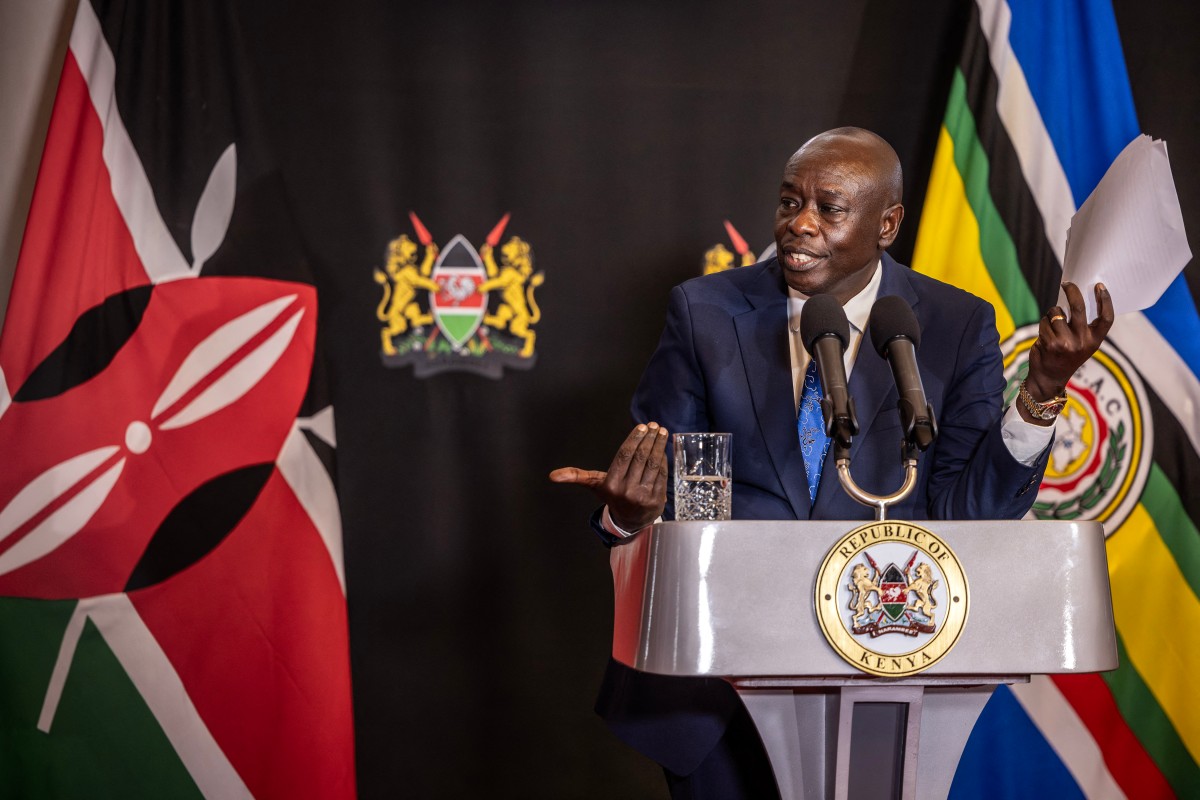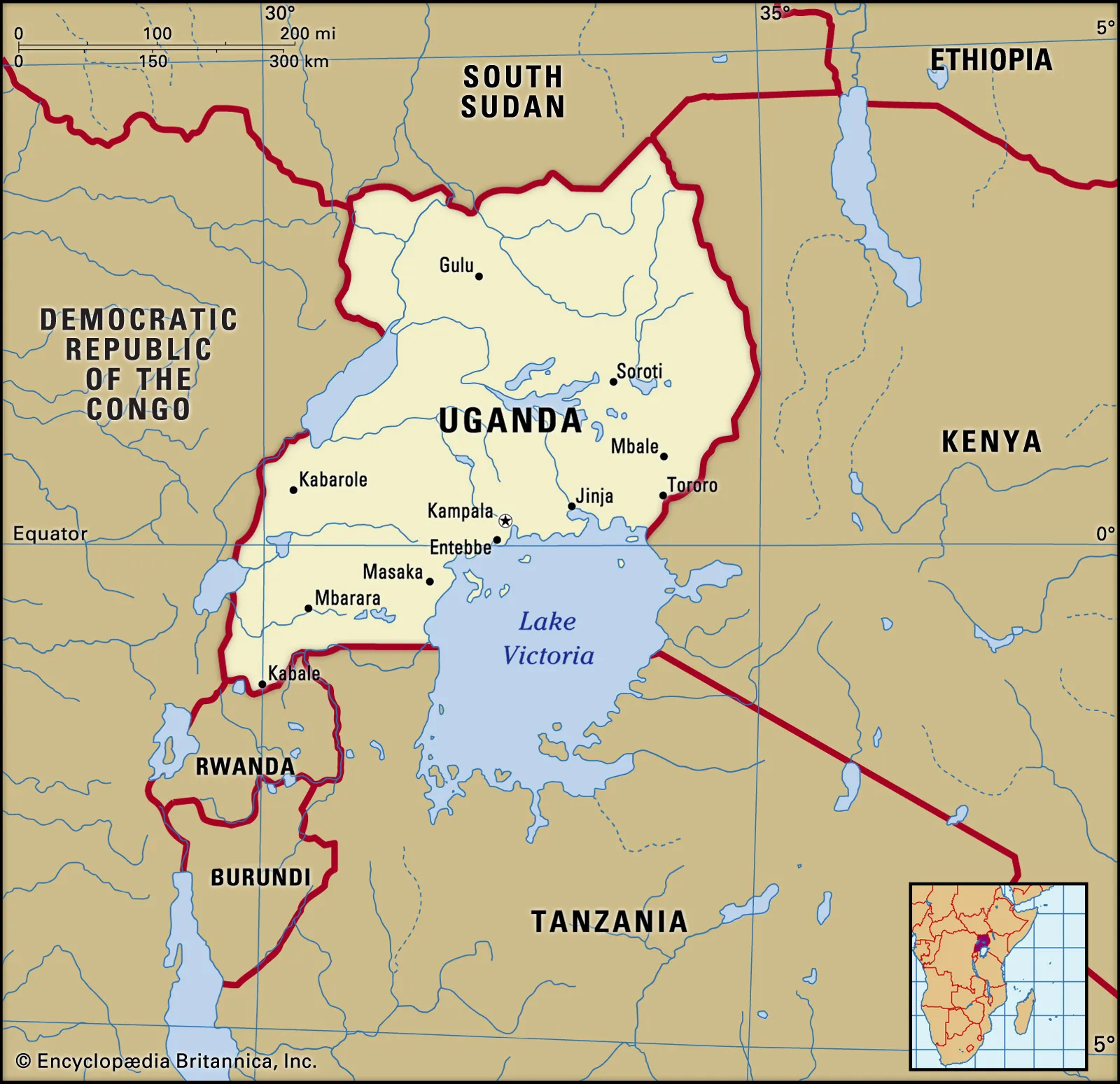Human rights organisation Amnesty International said three sub-Saharan African countries considering ending the death penalty must act now and abolish the death penalty once and for all, paving the way for others around the world to follow in their footsteps.
Kenya and Zimbabwe currently have bills tabled to abolish the death penalty for all crimes while the Gambia, which has made steady progress against the punishment since 2017, has commenced a constitutional amendment process that will, among other things, effectively abolish the death penalty.
Amnesty International said that in 2023, it recorded 1,153 executions, an increase of 31% (270) from the 883 known executions in 2022.
It noted that the year 2023 has continued a worrying trend with an alarming surge in executions in Iran and Saudi Arabia, a decision in the Democratic Republic of Congo to resume executions, and Taiwan’s Supreme Court’s failure to abolish the death penalty.
Yet countries in sub-Saharan Africa offer a glimmer of hope on the way toward the global abolition of the death penalty.
So far, 113 countries around the world have abolished the death penalty for all crimes. In 2023, Amnesty International documented a sharp increase in the use of the death penalty across sub-Saharan Africa.
Recorded executions more than tripled and recorded death sentences increased significantly by 66%. Somalia was the only country in the region known to have carried out executions.
Death sentences were recorded in 14 countries, a decrease of 2 compared to 2022. Four countries took positive legislative steps towards the abolition of the death penalty.
Amnesty stated that so far, 24 countries across sub-Saharan Africa have abolished the death penalty for all crimes while two additional countries have abolished it for ordinary crimes only.
Although the sub-Saharan Africa region saw a surge in both recorded executions and recorded death sentences in 2023, Gambia, Kenya and Zimbabwe have the opportunity to buck that trend in the region,” Amnesty International’s legal adviser on the death penalty, Oluwatosin Popoola, said.
She explained that: “Countries that still retain the death penalty are an isolated minority as the world continues to decidedly move away from this cruel punishment.
“The more countries that abolish the death penalty for all crimes, the more isolated the remaining countries will become and the weaker their position on the death penalty will be.
“The majority of countries in the world have abolished the death penalty for all crimes. It’s time for all countries to move away from this cruel, inhuman and degrading punishment once and for all.”
Gambia, Kenya and Zimbabwe haven’t carried out an execution in over a decade while each country has commuted multiple death sentences in the same period. The last known execution in Kenya was recorded in 1987.
Although the country does not have an official moratorium on executions, it has an established practice of not carrying them out.
While the courts in Kenya continue to impose death sentences, the country continues to make good progress against the death penalty.
In 2023, 606 commutations of death sentences were granted, while four bills to abolish the death penalty are currently pending in Parliament.
The last known execution in Zimbabwe was carried out in 2005 even though courts continue to impose death sentences.
However, since President Emmerson Mnangagwa assumed office in November 2017, he has made his opposition to the death penalty clear.
“Zimbabwe’s President himself was sentenced to death for terrorism as a young man due to his involvement in Zimbabwe’s liberation struggle. He narrowly avoided execution as he was below the age of 21 at the time and was sentenced to 10 years in prison instead,”mPopoola said.
“The President knows what it’s like to be facing the death penalty and he now has the opportunity to ensure no one else goes through that.”




































